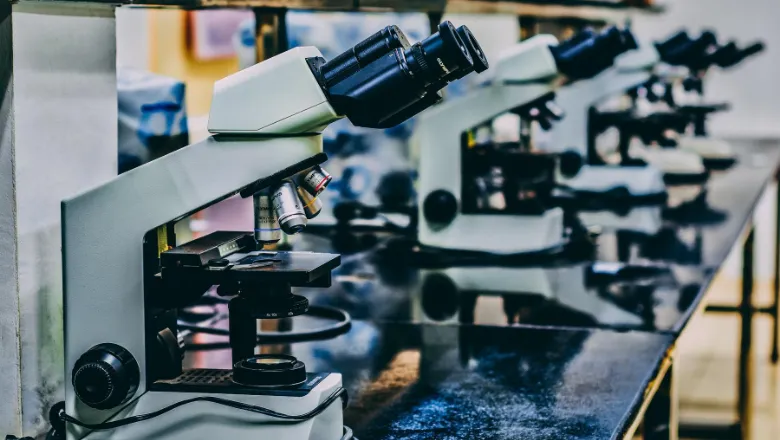25 August 2020
Study examines the role of lipid species in making stem cells
New research has identified several individual lipid species that are able to trigger stem cells in the skin to become specialised tissue cells.

The study, published today in PNAS and led by King’s, aimed to explore the role of lipids, otherwise known as fat molecules, in the maintenance of skin at a high level of molecular detail. Lipids are a fundamental component of the skin and are necessary for its healthy function, however their role in the stem cells of this tissue has been understudied.
Researchers analysed how the epidermal cells change their lipid composition when they differentiate (become specialised tissue cells) using mass spectrometry at different stages in the process. They then determined whether they could make the cells differentiate by changing their lipids by eliminating a vast array of lipid-modifying enzymes. The team compared the two experiments to identify individual lipids that could make the stem cells become differentiated in vitro.
Although the research is in its infancy, understanding the process could lead to better understanding of certain disease conditions, or development of novel skin treatments.
Matteo Vietri Rudan, from the School of Basic & Medical Biosciences, said: “Thanks to technological advancements, the role of specific lipid molecules in the biology of our cells is only now beginning to be investigated. Our research has identified a number of these molecules that can influence the behaviour of skin stem cells, potentially opening the gates to uncovering a whole layer of regulation of our epidermis.”
